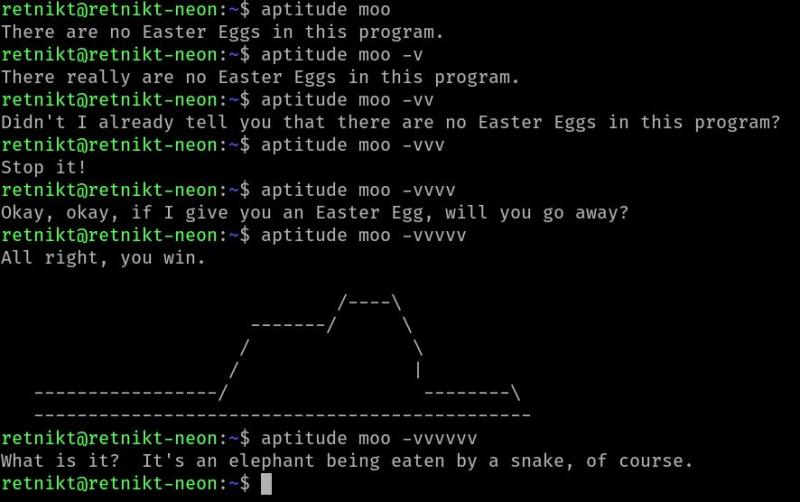Join devRant
Do all the things like
++ or -- rants, post your own rants, comment on others' rants and build your customized dev avatar
Sign Up
Pipeless API

From the creators of devRant, Pipeless lets you power real-time personalized recommendations and activity feeds using a simple API
Learn More
Related Rants

 A colleague showed me this.
A colleague showed me this.
in a moment of enlightenment, I realized what problem Cow (copy-on-write smart pointer) actually solves.
Time to touch every file I guess
rant
so many redundant allocations!
moo
rust
cow